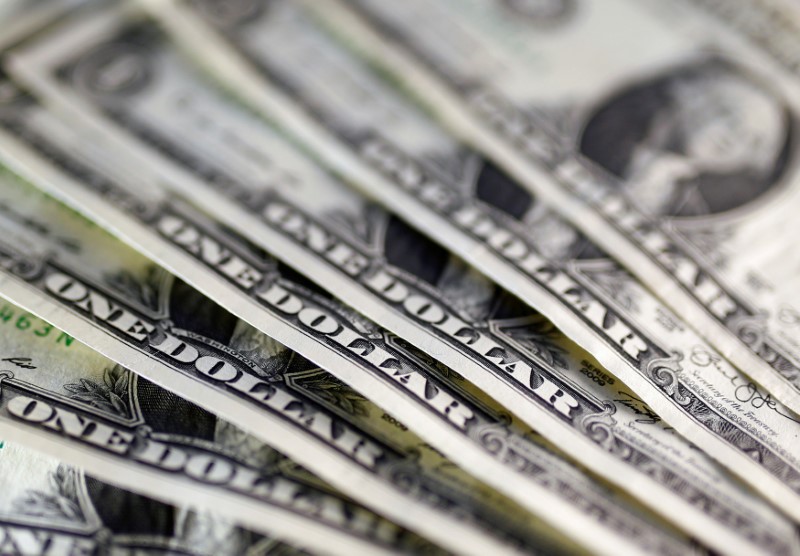Dollar falls in anticipation of economic data
2022.12.23 03:19
[ad_1]

Dollar falls in anticipation of economic data
Budrigannews.com – As traders try to determine the Federal Reserve’s likely path toward tightening in the new year, the U.S. dollar fell lower in early European trade on Friday, reversing some of the gains from the previous session.
The, which compares the dollar to a basket of six other currencies, fell 0.2% to 103.877 at 02:55 ET (07:55 GMT).
The dollar posted solid increases on Thursday after information showed that the stayed tight as well as affirming that the nation’s bounced back in the second from last quarter at a speed quicker than recently assessed, in the wake of contracting in the primary portion of the year.
According to these figures, in order to bring inflation under control, the will need to remain on its aggressive monetary policy tightening path for a longer period of time than previously anticipated.
Nonetheless, feeling has changed for the time being to the disadvantage of the greenback, with dealers likewise noticing that the information illustrated a strong economy.
In addition, a number of economic data releases are scheduled for Friday, including data on and. These releases will be closely watched given that the two previous reports indicated that price pressures appeared to be cooling, raising hopes that inflation may have reached its peak.
We believe that the DXY (dollar index) could finish the year around the levels it is at now. December has been a weak month for the dollar, in line with the seasonal pattern. It is important to keep in mind that in January, the dollar increased in each of the previous four years. In a note, analysts at ING stated, “Our view for early 2023 is still one of recovery of the dollar.”
as a result of the BOJ’s decision to allow the 10-year bond yield to move in a wider band, the yen gave back some of the week’s strong gains, rising 0.2% to 132.52.
According to data that were made public on Friday, Japan’s excluding fresh food prices increased by 3.7% in November compared to the same month last year, increasing at the quickest rate since 1981. This development suggests that the Bank of Japan may make additional changes to its policy in January.
Elsewhere, it increased by 0.3% to 1.0628 after rising by 1.2% month-over-month in November. This is significantly higher than the decrease of 0.2% experienced the month before, indicating that inflation will be difficult to manage in the euro area.
In an interview with Le Monde, which was published on Thursday, Vice-President Luis de Guindos said that the may raise interest rates at their current rate for a “period of time” to reduce inflation.
He stated, “We have no choice but to act.” In the near future, increases of 50 basis points may become the new normal.”
More Russia is switching to yuan in 2023
Increased by 0.2 percent to 1.2065, after overnight falling to a three-week low of 1.1993; the risk-sensitive index increased by 0.5 percent to 0.6701.








